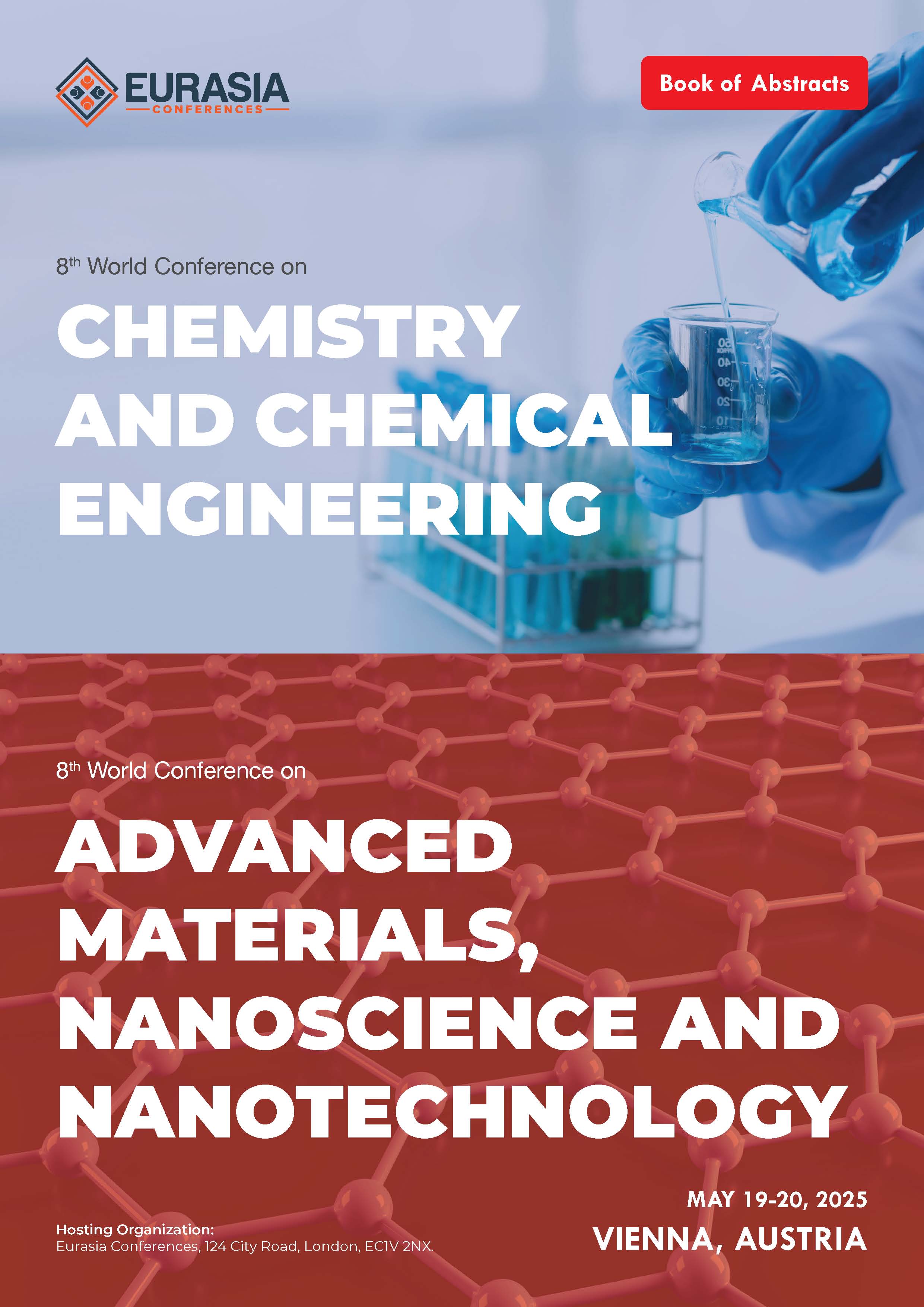
Agnese Ricci
Pharmaceutical pollution has become one growing environmental issue, with rising levels of pharmaceutical contaminants in water bodies as a result of human and industrial activities. These pollutants pose a serious threat to both aquatic life and human health, especially since traditional water treatment methods often do not adequately remove them. In this research, the development and application of iron oxide nanoparticles coated with polyoxazoline, a biocompatible polymer, for the removal of pharmaceutical pollutants from water are explored. Polyoxazoline was selected because of its biocompatibility, its affinity to water, and its property of forming stable coated surfaces on the nanoparticles that might subsequently enhance their adsorption capacities. The successful synthesis and functionalization of the nanoparticles were confirmed by a series of characterization techniques such as Transmission Electron Microscopy, Scanning Electron Microscopy, Fourier Transform Infrared Spectroscopy, and Thermogravimetric Analysis. The magnetic properties of the nanoparticles after polyoxazoline functionalization were also retained and indicated by the vibrating sample magnetometry measurements, which have thus enabled their application in magnetic separation methods. The results of the adsorption experiments showed that the nanoparticles coated with polyoxazoline possessed strong affinities for pharmaceutical compounds in water and caused substantial reductions in their concentrations. Based on the present results, it can be concluded that the functionalized nanoparticles can satisfactorily treat pharmaceuticals-contaminated water, giving it potentials for applications in wastewater treatment. Future research will additionally focus on optimizing the adsorption process, testing the long-term stability and reusability of nanoparticles, and evaluating their performance in real environmental conditions. The promising results reported in this study indicate that polyoxazoline-coated iron oxide nanoparticles might well represent a key tool to improve water quality and safeguard environmental health.